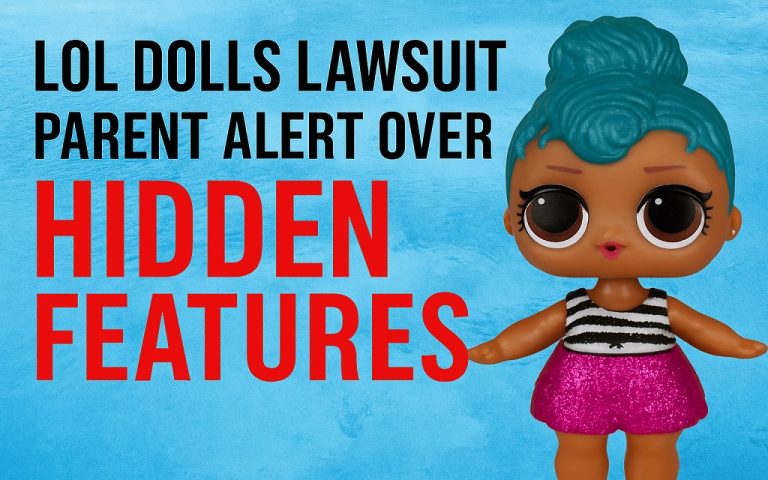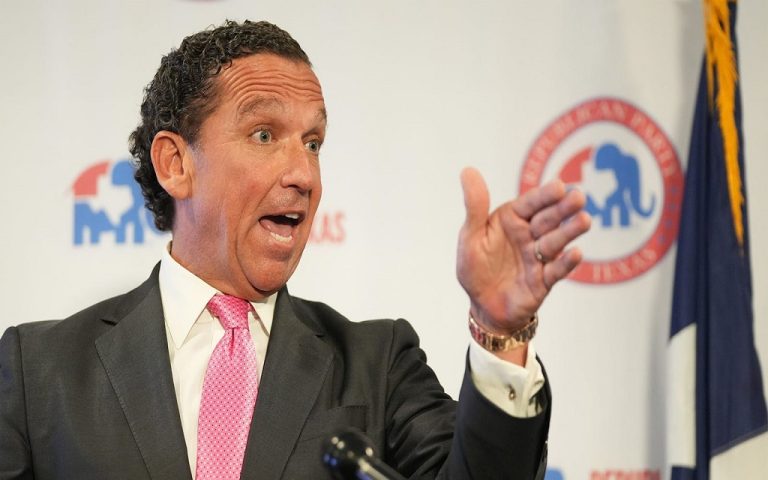Private funding may be a complicated field with many prospects and difficulties. Kennedy Funding is one of the major participants in this market; the company has attracted a lot of attention, both for its business operations and because of a controversial lawsuit that has caused a stir in the industry.
If you’re wondering what caused this legal dispute, who is involved, and what it implies for both lenders and borrowers in the future, you’ve come to the correct spot. Kennedy Funding lawsuit has established a solid reputation as a preferred commercial real estate lender by providing innovative solutions to borrowers who cannot obtain conventional financing.
However, the situation changed when fraud charges and contract violations emerged, and the business was embroiled in a contentious legal dispute. This case highlights how trust and transparency can make or break financial relationships and should serve as a wake-up call for anyone involved in lending or borrowing.
Background of the Lawsuit
Established in 1997, Kennedy Funding offers private lending solutions for real estate projects. The company has gained attention for its aggressive funding strategies. However, tensions arose when investors claimed they were misled about investment terms. Allegations of lacking transparency in agreements led to significant disputes.
As the case unfolded, various documents, including loan agreements and communications, came into play. The narrative quickly became contentious as both sides presented differing accounts of events. With public interest escalating, this lawsuit highlighted critical issues within the private lending sector. Many wondered how it would affect Kennedy Funding and other players in a complicated industry landscape.
Read Also: 72 Sold Lawsuit: What You Need to Know
Controversial Lawsuit Against Kennedy Funding
In the financial community, the case against Kennedy Funding has generated a lot of discussion. The ramifications of this case for private lending practices have drawn attention.
Claims that Kennedy Funding used predatory lending are at the center of the dispute. Critics said their conditions were too burdensome and kept debtors in a debt loop.
However, the company’s supporters dispute these claims, claiming that every transaction was carried out openly and morally. They stress that borrowers were presented with a wide range of alternatives.
However, this conflict of viewpoints raises essential issues about private lending accountability. Industry participants closely monitor the lawsuit’s development and any potential effects on future procedures as additional information becomes available.
Key Players Involved in the Case
The lawsuit involves several key figures:
- Kennedy Funding: The defendant is a private lending firm that provides real estate financing solutions. Key figures from the company have been thrust into the spotlight. Their testimonies and actions are scrutinized closely as they defend their practices against serious allegations.
- Plaintiffs: A coalition of disgruntled borrowers and other stakeholders alleging misconduct and unfair treatment throughout their dealings with Kennedy Funding.
- Legal Representatives: Lawyers specializing in finance law, representing both sides and shaping the narrative of this case.
Allegations and Counterarguments
The lawsuit centers on serious allegations:
- Predatory Lending: Critics claim the company engaged in predatory lending practices, arguing that exorbitant fees and interest rates placed borrowers in precarious financial situations.
- Lack of Transparency: Detractors allege hidden terms misled borrowers about their commitments.
- Breach of Contract: Plaintiffs argued that Kennedy Funding violated the terms outlined in their contracts. Allegations included:
- Failure to disburse funds as promised.
- Misrepresentation of loan repayment terms.
- Unjust alterations to contractual agreements without proper consent.
- Fraud: Claims of fraud centered on Kennedy Funding’s alleged misrepresentation of property values and loan conditions. Borrowers accused the company of:
- Inflating property appraisals to justify unfavorable loan terms.
- Concealing critical information about fees and repayment schedules.
- Using deceptive practices to entice borrowers into signing agreements.
Court Proceedings
The lawsuit involved multiple phases of litigation, including:
- Discovery Process
Both parties presented evidence to support their claims. Plaintiffs introduced documentation of altered contracts and discrepancies in property valuations, while Kennedy Funding argued that borrowers failed to meet their obligations. - Key Hearings and Rulings
The court’s ruling on the enforceability of the plaintiffs’ signed estoppel certificates was a significant turning point in the case. Even though these documents were meant to confirm the loan terms, the court found inconsistencies in their presentation, which bolstered the plaintiff’s allegations of contract violations. - Final Judgment
The court ruled against Kennedy Funding, ordering the company to pay substantial damages for violating contractual agreements and engaging in fraudulent practices.
Kennedy Funding denies these accusations, insisting it provides essential capital to businesses that traditional lenders overlook. Supporters highlight the importance of private funding for economic growth. The company maintains that all documentation is clear and accessible.
Read Also: The Prodigy Promos Lawsuit: What You Need to Know
Impact on the Private Lending Industry
The Kennedy Funding lawsuit exposed vulnerabilities in the alternative lending sector, emphasizing the need for greater oversight and ethical standards. This lawsuit has sent ripples through the private lending industry. However, Key takeaways include:
- Due Diligence for Borrowers: Prospective borrowers must carefully evaluate loan terms and investigate a lender’s history before signing agreements.
- Reassessment of Practices: Many lenders are reassessing their practices and compliance measures.
- Emphasis on Transparency: The case underscores the importance of transparency in all transactions.
- Reputation Concerns: Reputation matters significantly in this sector; a scandal can tarnish trust nearly overnight.
- Legal Precedents: Legal precedents set by this case may influence future disputes and regulations.
Current Status
Following the lawsuit, Kennedy Funding reportedly implemented measures to improve transparency in its lending practices. The company has focused on rebuilding client trust and enhancing compliance with legal and ethical standards. However, the lawsuit remains a reference point for discussing ethical lending in the financial industry.
Conclusion
Finally, the Kennedy Funding lawsuit serves as a significant case study in private lending. It highlights the complexities and challenges that can arise within this industry. Stakeholders must heed the allegations, which underscore transparency and ethical practices. As legal battles unfold, they influence the parties involved and set precedents for how similar cases may be handled.
The implications stretch beyond just one company; they affect investors, borrowers, and lenders alike. For those engaged in private financing or considering entering this field, it’s crucial to understand these dynamics. Awareness of potential pitfalls can help individuals and businesses navigate their journeys more successfully.
However, every controversy brings forth lessons that can lead to improvement. The Kennedy Funding lawsuit is no different; it invites reflection on best practices within an evolving landscape where vigilance is essential for sustainable success.
FAQs
What is the Kennedy Funding lawsuit?
Kennedy Funding is the target of allegations of fraud, contract violations, and predatory lending practices in the complaint, which calls into question the openness and reliability of private financing.
What impact will this litigation have on the private lending industry?
Lenders are reevaluating their rules, and borrowers are becoming more cautious due to the case, highlighting the need for moral behavior, openness, and improved monitoring.
What lessons does the case teach us?
To prevent disagreements and foster trust, borrowers should conduct due diligence, and lenders should ensure clear communication and compliance.
Disclaimer: Judicialocean, this post is for informational purposes only. You can obtain the necessary reimbursement and comprehend your options with the assistance of a legal professional.




